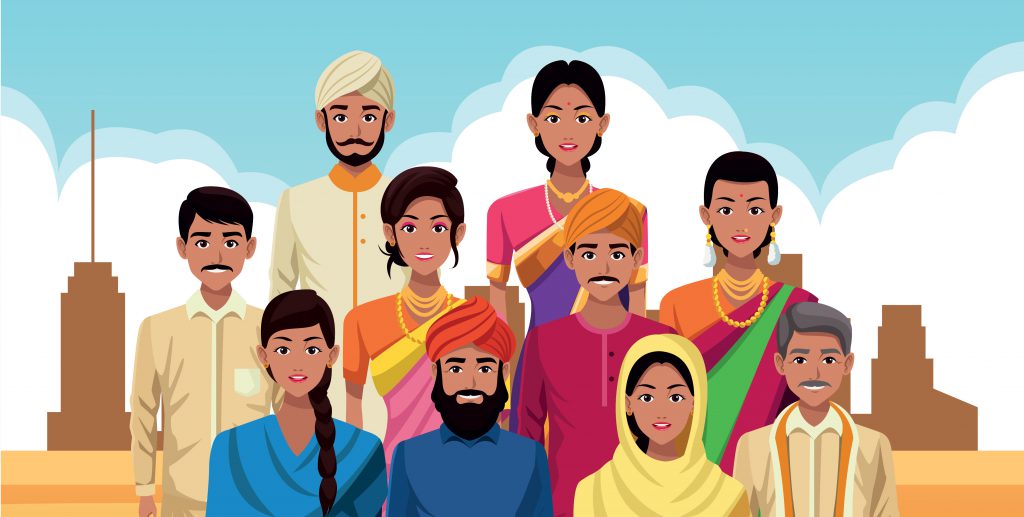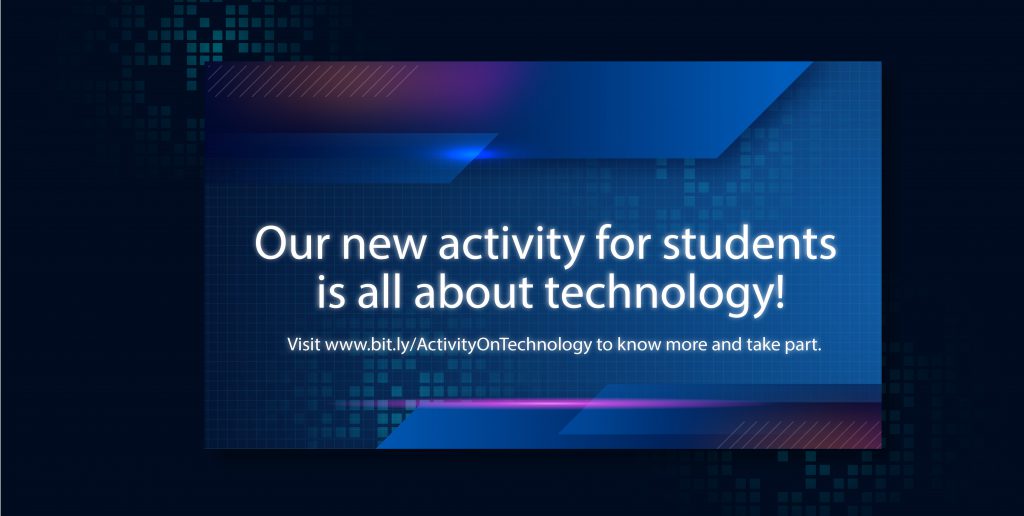August Week 1 Activity
Theme : Independence and Interdependence
Type of activity : Research based activity
Introduction
“At the stroke of the midnight hour, when the world sleeps, India will awake to life and freedom,” said Pandit Jawaharlal Nehru, the first Prime Minister of India, on 15th August 1947 after India got its freedom from the British rule. This month, we will be celebrating India’s 74th Independence Day. On 15th August 1947, India was born as a free democratic country which had many challenges ahead. During the past 70 years, India overcame different hurdles and Indians earned global recognition in various fields. This Independence Day, it is again that time to celebrate the freedom, and take pride in what India has achieved. But we should also remember the fact, that we still have miles to go to achieve the goal of ACTIZENs’ Democracy, strengthen our social, legal, political and financial systems to become the supreme power of the world!!! How can our ACTIZENs map that journey and step ahead in that path, is the theme for the month. This week we start with our monthly theme of ‘Independence and Interdependence’ with a short research activity where we encourage our students to research on the countries that became independent after 1945, around the time when India became independent, achieved a lot and made great progress.
Write short note on your learnings from the activity –
Expected Outcomes
- Students can develop critical thinking and analytical skills.
- Students will not only research about the other country, but also learn about the achievements of India post-independence.
- Students will compare India’s growth with other countries and critically think on the steps to improve India’s growth and progress.
- Students will work as global citizens to bring about a development in other countries, and to make the world a better place.
Steps for Activity
- Select any 1 country from the given list of countries –
Japan
China
South Africa
South Korea
Singapore
Bhutan
Pakistan - Research about the country you have selected, its social norms, culture, political status, governance structure, legal aspects, strengths of legal system, position of the economy and its global status. For e.g., Singapore. Research about Singapore’s social norms, culture, political status ……………etc
- Find out all good aspects, where you feel that your selected country is better that India and how did it achieve that post-independence? For e.g., How is Singapore better than India, and what can India learn from Singapore?
- Find out, all good aspects, where you feel India is better that your selected country, and what could such a country learn from India. For e.g., How is India better than Singapore and what can Singapore learn from India?
- Make a plan to –
a. Strengthen India in the aspects where the chosen country is better
b. Spread awareness in your chosen country about India’s strengths, to make that country better. - Focus on –
How we, the ACTIZENs of India can not only make our country better, but also support other countries in their growth, as we all are independent as well as Interdependent in the world.
You can download the Report Format by clicking here




Responses